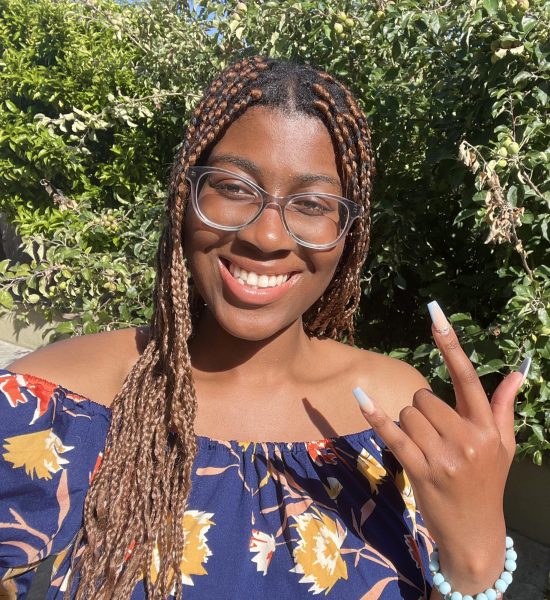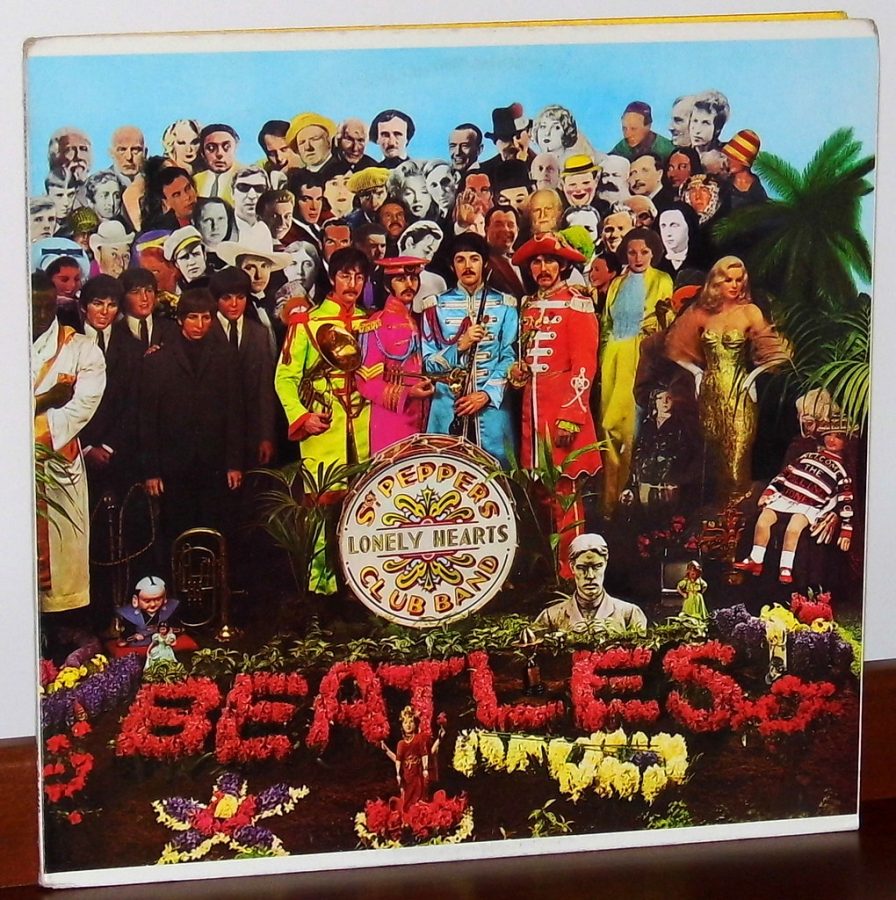Peace, love, and hippies in history
The Beatles acted as a voice for hippies, singing about topics related to the movement, as “Beatlemania” swept the nation in the 1960s.
Everyone has a general idea of what the average 1960s hippie was like: long, flowy hair, obsessed with psychedelics, colorful clothes, and youthful. The Hippie Movement dominated thesocial culture of the late ‘60s and ‘70s until its decline in the late ‘70s when Rock and Punk music surged in popularity.
It is important to understand how Hippie Culture originated in the United States because certain aspects of modern society, such as environmental activism and pacifism, are traceable to hippies.
Before 1967, they existed in small pockets in cities, like Berkeley and New York City. They opposed capitalist ideas and the Vietnam War and advocated for peace instead. According to Hippie Culture in the U.S., “These cities saw folk performances, psychedelic rock, and a rise in LSD drug use, which some people credited to inducing psychedelic experiences.” To curb this, Congress passed the Drug Abuse Control Amendments of 1965. They prevented the creation and selling of hallucinogens and other drugs.
On January 14, 1967, thousands of hippies gathered in San Francisco to protest the amendment at what was referred to as a “Human Be-In.” The event raised awareness of psychedelics and introduced Hippie Culture to the public.
However, Hippie Culture would not truly take off in America until the Summer of Love in 1967. The Human Be-In event was merely a prelude. During the summer of 1967, around 100,000 people flocked to the neighborhood of Haight-Ashbury, San Francisco, to partake in Hippie Culture, which soon became a mainstay in mainstream media and became a worldwide phenomenon.
The Hippie Movement reached its height in 1969. Around 400,000 people attended the Woodstock Music Festival in New York to watch popular bands such as Joe Cocker and The Grease Band, The Band, and Country Joe McDonald. Joni Mitchell’s Woodstock documentary and soundtrack cemented the festival’s place in hippie history.

“For a second, I was thinking that I might write 5 articles this time. Then I reminded myself that I'm weak and can't handle it.”
Maya Nneoma Adimora...
